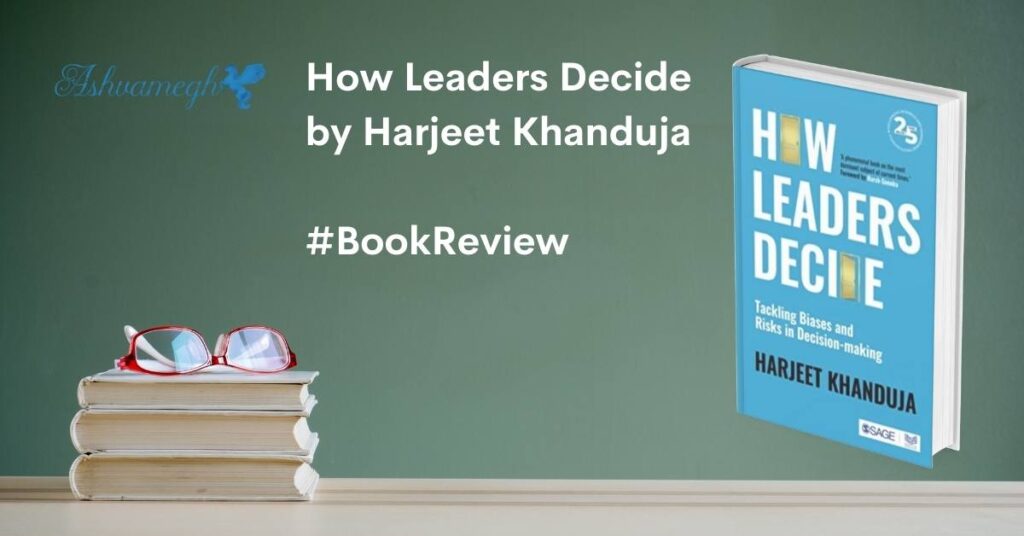The Honest Season : Book Review
 Decoding the Spaces of Power: A review of The Honest Season
Decoding the Spaces of Power: A review of The Honest Season
The Honest Season
by Kota Neelima
Category: Political Fiction; Novel.
Published by Ebury Press, Random House, 2016
Book Reviewed by Manu M R
The Indo-Anglian literature has often been accused of being more of Anglian than Indian. The pose by Rushdie in his introduction to Vintage Book of Indian Writing 1947 – 1997 that the Indo-Anglian writings have become a stronger and more important body of work than most of what has been produced in the 18 ‘recognised’ languages of India, has only added to this animosity. As a counter, the authenticity or the legitimacy of the globally recognised figures to narrate the Indian realities has been questioned. Their lack of lived experience and the ease with which they could transverse across multiple worlds were held as problematic as far as their ability to be the voice of India.
The Indian English writing has seen a tremendous growth along with the growth in the numbers of English educated Indians. The genre has found its own market and readership to grow into one of the biggest sections in the Indian publishing industry. English has started stepping down from the academic arena and the pedestals of nonfiction to the world of fictions. What are the challenges when you speak to the masses who has at least a thousand-year-old story telling traditions? Where one Ramayana could diverge into thousands of forms. Can English handle the larger than life picture of Indian experiences? The answer seems to be in the affirmative thanks to the adventurous writers of all genre. Indo-Anglian literature has become ever more confident in the use of English, tweaking it whenever required to describe the Indian experience.
The Indian English literature became capable of expressing the Indian circumstances and it became bold to come out of its localised descriptions towards addressing a larger canvas addressing issues on a larger scale.
A host of writers have come up and a lot of them were women .But being woman was only a part of their being and it never limited the host of issues they could raise. Some of the finest pieces of the Indo Anglian writing came from women like Arundhati Roy and Jhumpa Lahiri.
The field is dynamic and one can find serious literary efforts happening in this field and the new writers are emerging every day. The critic of the Indo-Anglian literature has a hectic though delectable task at hand. Persistent perusal helps which throws up occasional surprises that work as an incentive to keep on the search. The Honest Season was such a discovery.
The author, Kota Neelima has already a best seller The Shoes of Dead to her credit. The Honest Season is a political fiction and the entire plot unravels and plays out in the space of Delhi, the power centre of the republic. The spatially rooted nature of power has often been noted. Power cannot exist without spaces. An ideology cannot exist without a space ‘to which it refers. Each space embodies a code which adds to its meaning and existence. As Lefebvre puts it “What would remain of the Church if there were no churches? Churches are crucial for the Church to exist[1]. This spatiality remains even when we construct Republican nations on abstract ideals of equality and decentralised democratic power. Thus the closed gates become a powerful metaphor to represent the nature of power.
Democracy cannot exist in the abstract and the denial of substantial democracy too cannot exist in the abstract. The republic needs closed doors, VIP cordons, VVIP exclusive zones for the practice of power. This is where the closed gates of the Parliament cease just to be a metaphor. They are integral to the actual spatiality of power.
The spatiality necessitates that margins have to come to the centre to validate them. Observing the power centre helps to make sense of the whole. Every issue has to make this pilgrimage to the centre to get itself validated and dress itself in the colours required. The myth that it can be done in the margins is what sustains the republic though. So The Honest Season brings all these debates together in a way that makes it look natural. The Parliament is place where every power has to realise itself.
Can anyone write what he or she could not experience? The horizons of fantasy are necessarily guided if not limited by the extent of experience. Being a political editor for close to two decades in Delhi has played a great part in forming the perceptions of the author. The lived experience of the author resonates throughout the text. Media is a constant presence, the story unravels in the newsrooms and there are some sharp observations about the media and the way it mediates the reality.
The reader gets a close picture of what happens inside a newsroom or media house. The paradigmatic shift that technology could bring to established institutions and the way how with some simple strokes history itself changes is depicted. The shift makes a newspaper editor, the doyen of the publishing house reinvents the ways to run journalism and there should be something that goes beyond mere reporting. The technology often goes ahead of the old elite and this gap brings out things which would be hidden otherwise. By the time they fix the loop holes, something new comes up. Technology plays a crucial role throughout in the development of the plot.
The ‘know journalists’ are the key players in the novel with their unique mental abilities. This art of knowing is something with which they have to save the print media from extinction. From what others see fleeting meaningless array of information, the ‘know journalist’ could derive things which others could not see. Mira, the ‘know journalist’ of the newspaper is the female protagonist and she is the central figure. At the other end is a political heir, the scion of an established political family and a member of the Parliament Sikander Bansi who is the person who has recorded the conversations that took place within the corridors of the Parliament.
The huge gap between the reality and its representation creates a gap in perception. Societies are often collectively ignorant about the realities. This perception gap is instrumental in sustaining the legitimacy of the political class. The author is trying to address this gap and what she puts into fiction appear like facts. The form frees her from the necessity to footnote her writing. Thus fiction becomes an opportunity to freely explore the world around.
Moulded by concrete experiences, The Honest Season throws up many interesting facets of our system. The book goes much beyond the usual trite narrative of ‘politics is all corrupt’ stuff. It forces us to rethink and makes some intelligent observations. It examines the power relations and political machinations that determine the fate of the polity. The book manages not to sway under the weight of the subject it handles. The book traces the spectacular journey of a journalist and a political heir to bring out the truth behind the institutional facades as they face the wrath of political parties and yet continue to be honest.
Direct connect of the author with the object of her fiction is palpable. Too much grounded in reality could be a hurdle to freely float in imagination as one is bound by a commitment to the truth. This lacuna is addressed by the strong characters who are down to earth human in flesh and blood.
There are quite a few beautiful illustrations which reflects a keen sense of colours like when she says,’ rain as painting the day silver’ or ‘the rain making the blue car of Mira appear grey’ and some of the metaphorical expressions are powerful like when she writes ‘Delhi itself was restless, as if had it not been tethered to the power centre, it would have wandered away along any one of the national highways that crossed it.’ One could immediately connect with the restlessness of the city dweller as well, and the propensity of the city to run into the village. Half of Delhi would have run away into rural Bharat if the tethers of political and economic establishment were not there.
Apart from the spatiality, the novel explores the aspects of popular power closely. The era of virtual reality is also an era of illusions and disillusions. Politics even its most radical forms have become more of a performative act. That gets expressed in lines such as this ‘When people organize on the streets for personal gain, we have arrived at the end of history, my friend. What follows is various stages of the epilogue.’ The end of history finds a different meaning here. It represents that hegemonic view of the impossibility of change. Yet the whole thrust of the work is at countering this narrative of despair.
The book revolves around through the tapes recorded secretly at the Parliament with one of the speakers being completely oblivious of the conversation being recorded. The one who records the conversation on the other hand is doing it deliberately and being the scion of a political family as corrupt as everyone else, he is never doubted. Corruption has established its own economy and even the act of being exposed and being in the prisons are considered as a part of the life for a politician. The acquisition of money or the avarice is considered as a desirable quality and the flexibility of the self, the ability to tweak one’s ideals for personal gains is appreciated.
The book successfully communicates to the emerging class of English educated Indians who are spread across the country and it is a serious contribution to the Indo-Anglian fiction. It tries to explain that which cannot be reduced to fact or news through the medium of fiction. There could be counter to the narratives of truth from various vantage points and the discursive mode in which the book is written invites the reader for such an enquiry into the truth.
[1] Henri Lefebvre’s The Production of Space, http://www.notbored.org/space.html., accessed on 5th January 2016.


